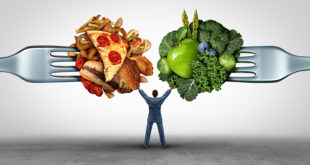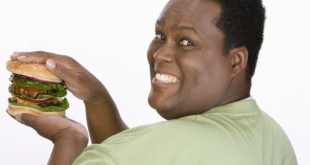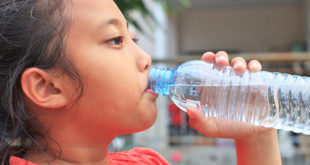Read the article and take the quiz (at the bottom):
Hypertension is the natural result of the heart trying to pump blood through restricted blood vessels. The heart has to work that much harder (apply greater pressure) to pump the blood through the narrowed arteries, hence the common term, high blood pressure. It is estimated that nearly 1 out of 4 Americans have hypertension. People with hypertension are 3 times more likely to have a heart attack, five times more likely to develop heart failure, and eight times more likely to suffer a stroke than people with normal blood pressure. The ideal adult blood pressure is 120/80.
Symptoms
Unfortunately, hypertension is known as the silent killer simply because there are usually no symptoms. Occasionally, people may have a dull headache, dizzy spells or a few nosebleeds, but by this time, the hypertension is usually advanced and can be life threatening. Typically, a person discovers they have hypertension on a regular office visit to their physician. When the systolic (upper number) is between 120 and 139, and the diastolic (lower number) is between 80 and 89, the person is said to have pre-hypertension. If the top number is consistently above 140 and the lower number is 90 or above, the diagnosis of hypertension is confirmed.
Causes
Most people have what is called essential hypertension, because there is no identifiable organic cause for it. Kidney disease and adrenal gland tumors do cause hypertension, but these are not the general cause. There are however contributing factors to essential hypertension that include the following:
- High salt intake – Americans consume an average of 10 to 20 grams of salt per day, approx. 2-4 teaspoonfuls, or 10 to 20 times more than the body actually needs. In countries where salt intake is low, hypertension is not a health problem.
- Family history
- Lack of exercise
- Smoking
- Alcohol – do not consume more than 1 or 2 alcoholic drinks per day
- Estrogen – This is a salt retainer and can raise blood pressure and body weight
- Obesity
- Arterial plaque – where the blood vessels are restricted due to a build-up of plaque
- A high fat diet, which obviously contributes to obesity and plaque buildup
- Black Americans are at a much higher risk for hypertension than other ethnic groups
- Stress
- Too little potassium – it helps to balance the amount of sodium in the blood cells
Treatment
Diet and exercise are the best lifestyle changes for treating hypertension. Loss of excess weight is a major factor in controlling hypertension. However, in most cases, medications are prescribed for hypertension management. These medications cannot cure hypertension, but they do help to control it, protecting one from possible strokes. Reducing sodium consumption to no more than 1 tsp. per day would probably normalize the 30 million cases of hypertension in North Americans.
The extra sodium in the body retains fluid, which in turn causes swelling, which in turn increases blood pressure, increasing stress on the heart. A high fiber diet is also helpful in reducing hypertension. Substitute lemon juice, garlic, onions, parsley or tarragon for flavoring foods instead of salt. Read food labels carefully for sodium content.
Low sodium would be any amount of 140mg or less per serving. Persons with diabetes should be under a doctor’s care for hypertension when their blood pressure reaches 130/80, due to their higher risk for heart disease.
Complications
Hypertension is fraught with serious disease complications that are for the most part life threatening, with strokes and heart attacks being the most common. Others are listed below.
- Arteriosclerosis (blood vessel damage)
- Congestive Heart Failure
- Kidney Damage/Failure
- Stroke
- Heart Attack
- Vision Loss
- Brain Damage
Test Your Knowledge
Take the Quiz: Hypertension
This short quiz tests your knowledge on: Hypertension. Follow the directions for each question. When completed, insert your email address and you will instantly receive your graded response.
 Answers for Me Support & encouragement for every-day life
Answers for Me Support & encouragement for every-day life




